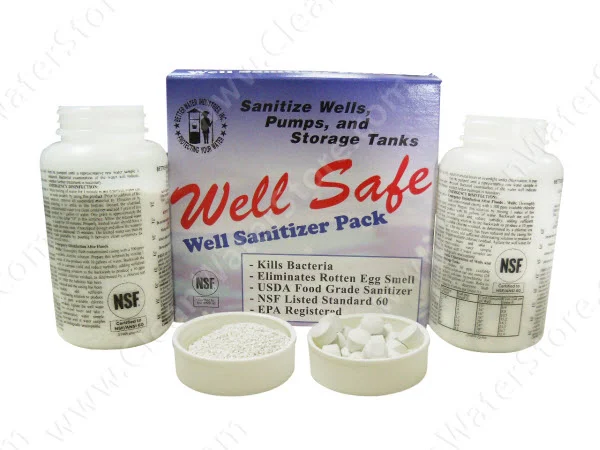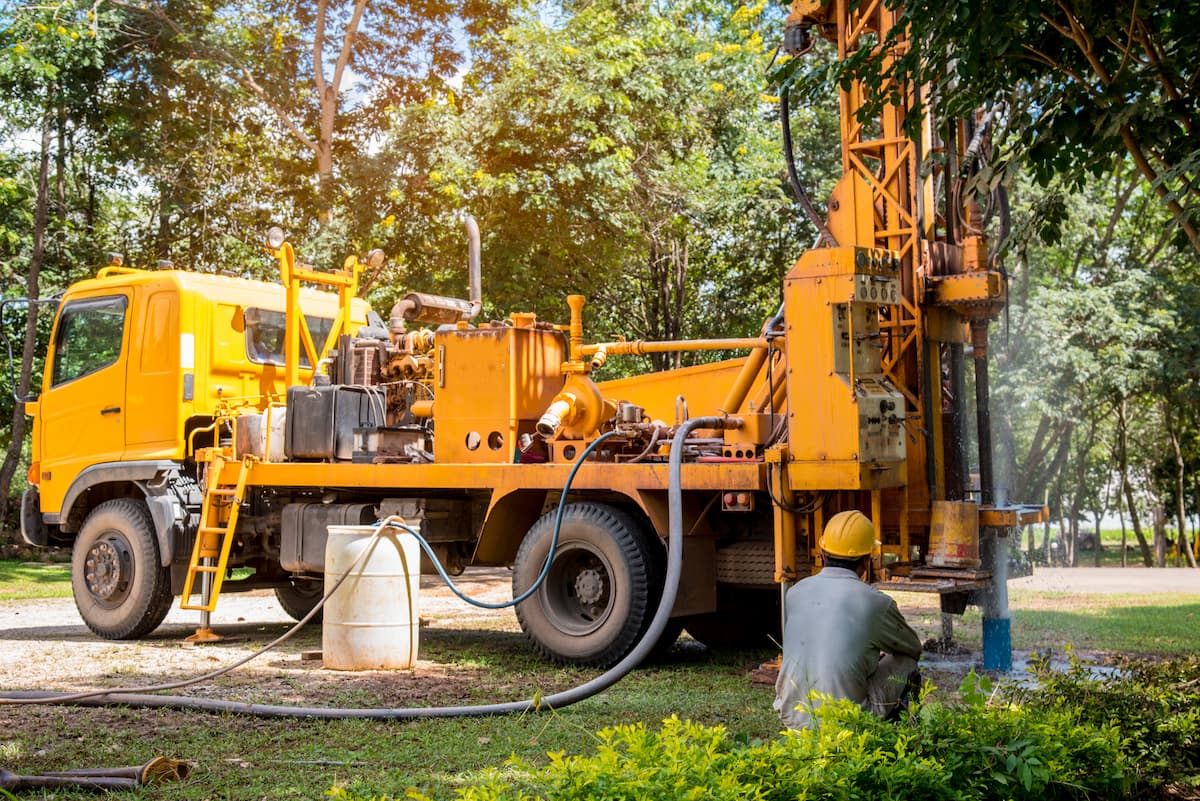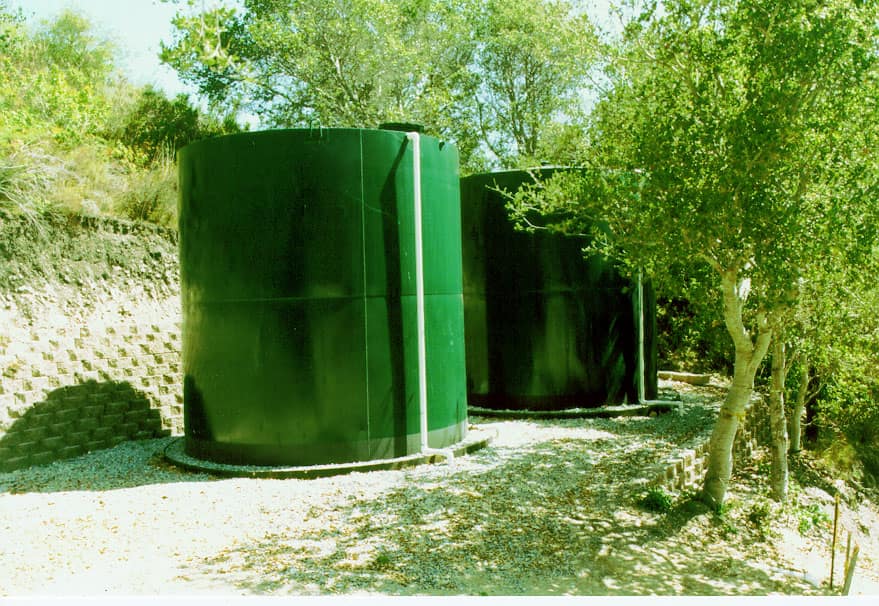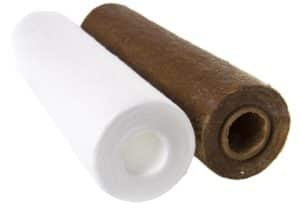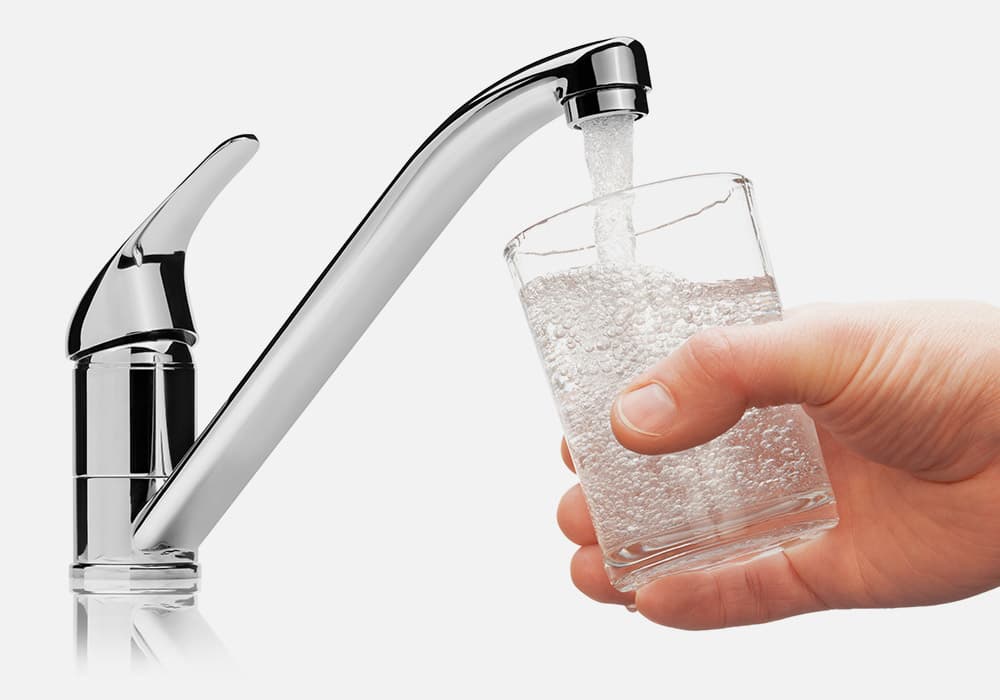How To Use a Salt Free Water Conditioner for Hard Water Problems

Water Softener:
Water softeners remove hardness scale (calcium carbonate) from water so fixtures are mostly spot-free, glasses sparkle, skin is soft, laundry is clean and bright. They do need salt to operate.
Salt Free Conditioner:
A salt free conditioner keeps hardness scale from building up in pipes, water heaters, appliances, and extend the life of your plumbing, fixtures and appliances. Little or no maintenance is required and they don't use salt.
A salt free conditioner will work fine for many hard water conditions but definitely are not for everyone and every hard water condition! If you have had a water softener and your water is greater than 10 – 12 grains per gallon, and you like soft water… you will likely not like a salt-free conditioner. If you see someone saying they have a “salt free water softener”, its technically incorrect. Softening removes the hardness ions, whereas no salt conditioners… do not.
Are Water Softeners Necessary?
If your water is hard (greater than 5 to 10 grains/hardness per gallon), then water softeners can be crucial components for your home or business.
If you've experienced scale buildup and clogging of pipes and fixtures, your water is likely too high in magnesium and/or calcium content. In other words, your water is too hard. To have clean fixtures, long-lasting water heaters and appliances, clean laundry and soft skin having soft water is important.
A water softener will solve this problem fairly easily, but what kind of softener will you use?
When selecting a water softener for use in your home, you'll find that you have quite a few options. A good water softener will count the number of gallons you use and only regenerate with brine (salt water) when it is needed, saving water and salt.
The best most efficient softeners use ‘”up-flow brining” and use a LOT less salt than the more traditional softeners.
To Salt or Not To Salt?
Before you begin selecting a water softener, you should first ask yourself whether you want to use a regular ion exchange water softener, which uses salt and physically removes hardness, or a salt-free water conditioner which does not use salt, but also doesn't remove hardness and works best to keep scale from building up in pipes.

Normal water softeners use ion-exchange media to remove hardness. An ion-exchange resin inside the softener attracts calcium and magnesium from the water and replaces them with sodium ions from the exchange resin.
During regeneration (the process by which the softener's resin is cleaned and kept ready for use) saltwater is drawn from a brine tank into the softener to regenerate the sodium in the resin.
These systems will remove calcium and magnesium, thereby eliminating scale and making fixtures spot-free, clothes cleaner and brighter, and skin softer.
In comparison, salt-free water conditioners produce a catalytic reaction to convert calcium and magnesium in water to firm calcite crystals which are then carried away by the water flow once they reach a sufficient size (the nanometer range).
Thus, saltless water conditioners do not physically remove water hardness, but change the dissolved calcium carbonate into a type of calcite crystal that cannot attach to pipes or appliances to create hardness deposits.
Salt-free conditioners also require less maintenance than normal softeners because they don't need to be back-washed or regenerated – this makes them cheaper due to decreased water and energy usage and eliminates the need to replace the brine solution, further increasing your savings over a normal water softener.
How Do I Know Which Type to Use?
- Test your water first. If you have high hardness over 12 – 15 grains per gallon, get a water softener.
- If you already own a water softener or had one in the past, and like zero-soft water (less than 1 grain of hardness per gallon).. then stick with a water softener.
- If you only care about protecting your appliances, plumbing, and fixtures and having improved scale control, cleaner shower doors and glasses (but not totally spot-free) consider a salt free conditioner, as they save having to buy salt and are very easy to install and operate.
If you have any further questions about water softeners or other water filtration systems, e-mail us at [email protected], get in touch on Facebook, or use our online contact form, and we'll get back to you as soon as we can.
Learn More: Hard Truths About Soft Water




